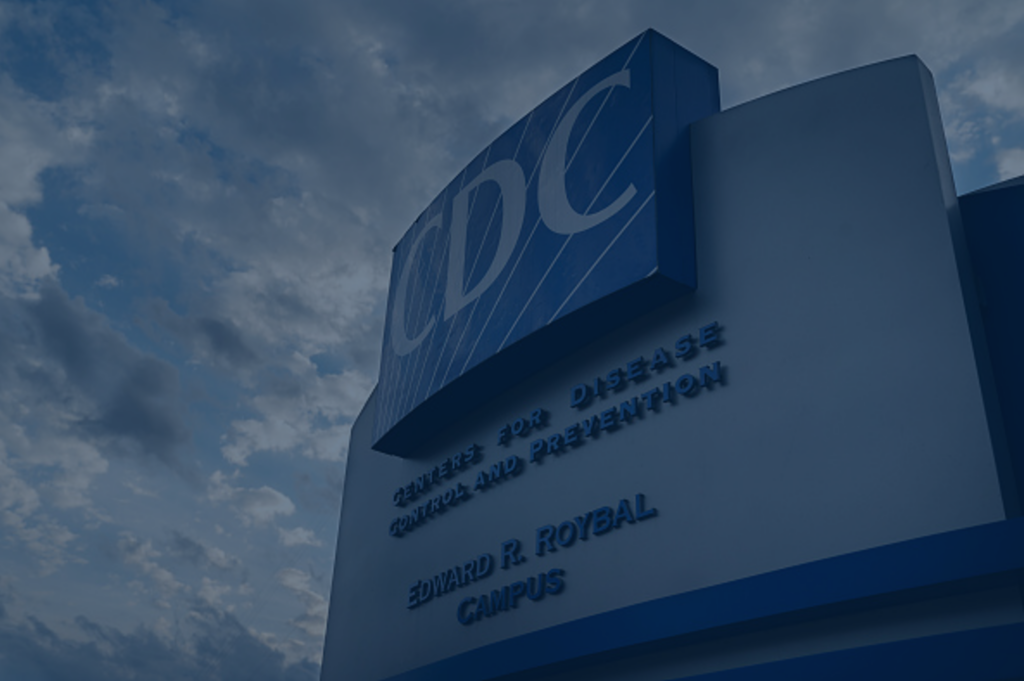Susan Monarez, Ph.D., has been confirmed as the new director of the Centers for Disease Control and Prevention (CDC), marking a pivotal moment for the agency and the broader U.S. public health system and filling a role that has been vacant for over four months. A longtime expert in biodefense and health security, Monarez steps into the role at a time when trust in public health institutions remains fragile and hospitals continue to navigate the long tail of pandemic disruptions.
Monarez previously served as deputy assistant secretary in the Department of Health and Human Services’ Administration for Strategic Preparedness and Response (ASPR), where she helped lead initiatives on pandemic preparedness and medical countermeasures. Her background includes senior roles at the Department of Energy and the White House Office of Science and Technology Policy under multiple administrations.
Her confirmation, approved with bipartisan support, signals a renewed focus on restoring credibility at the CDC, strengthening coordination with health systems, and improving data infrastructure and emergency response capabilities.
Key Takeaways for Hospital and Health System Leaders:
- Expect Closer Coordination with CDC: Monarez has emphasized the importance of partnerships with frontline health providers. Hospital leaders should anticipate more structured collaboration around outbreak response, surveillance, and workforce resilience.
- Data Modernization Will Be a Priority: One of Monarez’s stated goals is to accelerate the CDC’s public health data modernization initiative. Health systems should prepare to align more closely with CDC reporting standards and interoperability goals.
- Biodefense and Preparedness Will Be Central: Given Monarez’s background, hospitals can expect expanded federal support and oversight on readiness for emerging infectious diseases and other biological threats.
- Rebuilding Trust in Public Health: Monarez’s leadership will also involve repairing strained public trust. Health systems, as trusted community anchors, will likely be called upon to help bridge that gap.
The confirmation comes amid broader efforts by the Trump administration to reshape the federal health apparatus post-COVID. As Monarez assumes leadership, hospital executives have a strategic opportunity to engage with the CDC on shared goals, from pandemic readiness to real-time data sharing and public health communication.
Action for Leaders: Stay proactive in engaging with CDC regional leadership and ensure your organization’s data infrastructure is prepared for potential federal interoperability standards. Expect increased emphasis on joint preparedness drills and transparency around health system capacities.
